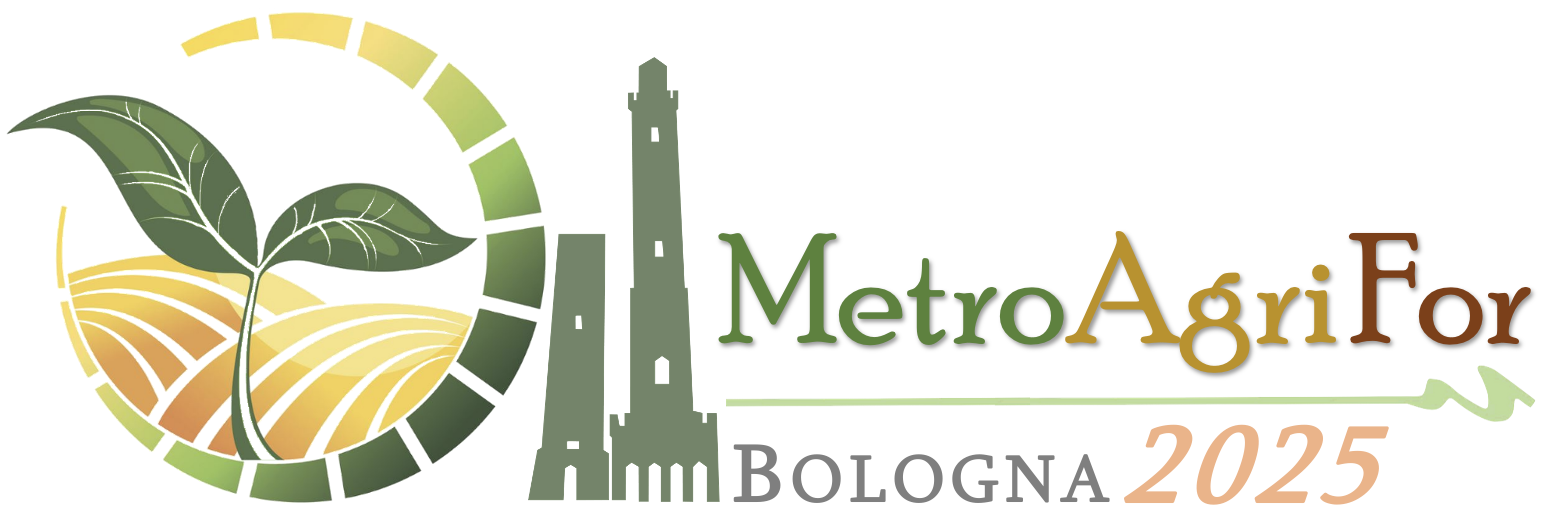TUTORIAL
The development of sensor systems in Agriculture, or how engineers and agronomists can speak the same language
Lorenzo Mistral Peppi
DEI - Dipartimento di Ingegneria dell'Energia Elettrica e dell'Informazione, ARCES; Università di Bologna, Italy
ABSTRACT
Agriculture 5.0, sensorization, IoT and digital twins are just a few of the terms being increasingly used to describe new and modern paradigms intended to achieve agricultural management more and more respectful of the environment, health and resources - while keeping an eye to sustainable economic management. The implementation of such paradigms cannot be achieved without the implementation of electronic systems aimed at data and parameters acquisition related to the environment, climatic conditions and physiology of the plants to be monitored. However, just as the designers of these systems are often unaware of the users' needs, some of the people involved in the agricultural sector have no perception of the real added value and usefulness that the exploitation of such systems could determine. Therefore, more than an understanding problem, it has become a language problem: how can we enable engineers and farmers to untangle themselves in the maze of the Tower of Babel and, finally, speak the same language?
SPEAKER BIOGRAPHY
Lorenzo Mistral Peppi received M.S. degree in electronic engineering in 2019 at the University of Bologna, Italy, where he has been a Research Fellow until 2023. At the same university he is currently pursuing the Ph.D. degree in engineering and information technology for Structural and Environmental Monitoring and Risk Management (EIT4SEMM). His research interests focus on the development and test of embedded, autonomous systems and the implementation of edge solutions. Other activities concern the development of wearable biomedical systems and the design and implementation of safety systems in the railway sector. His research interests focus on development, testing and realization of electronic systems for a more sustainable environment, infrastructural sector, and industry.
Among his various interests agriculture is an atavistic passion, while the quest for a healthier life almost a requirement. On the other hand, his interest in electronics had a very strong influence on his life choices, enough to embark a study and work path that theoretically very far away from farming. The crasis came naturally: why not combine the two aspects, the two passions, in a synthesis that could lead to the concrete realisation of useful, easy-to-use and inexpensive devices, intended as a decision support element for farmers, in the spirit of giving a tiny contribution while hoping for a better world?







